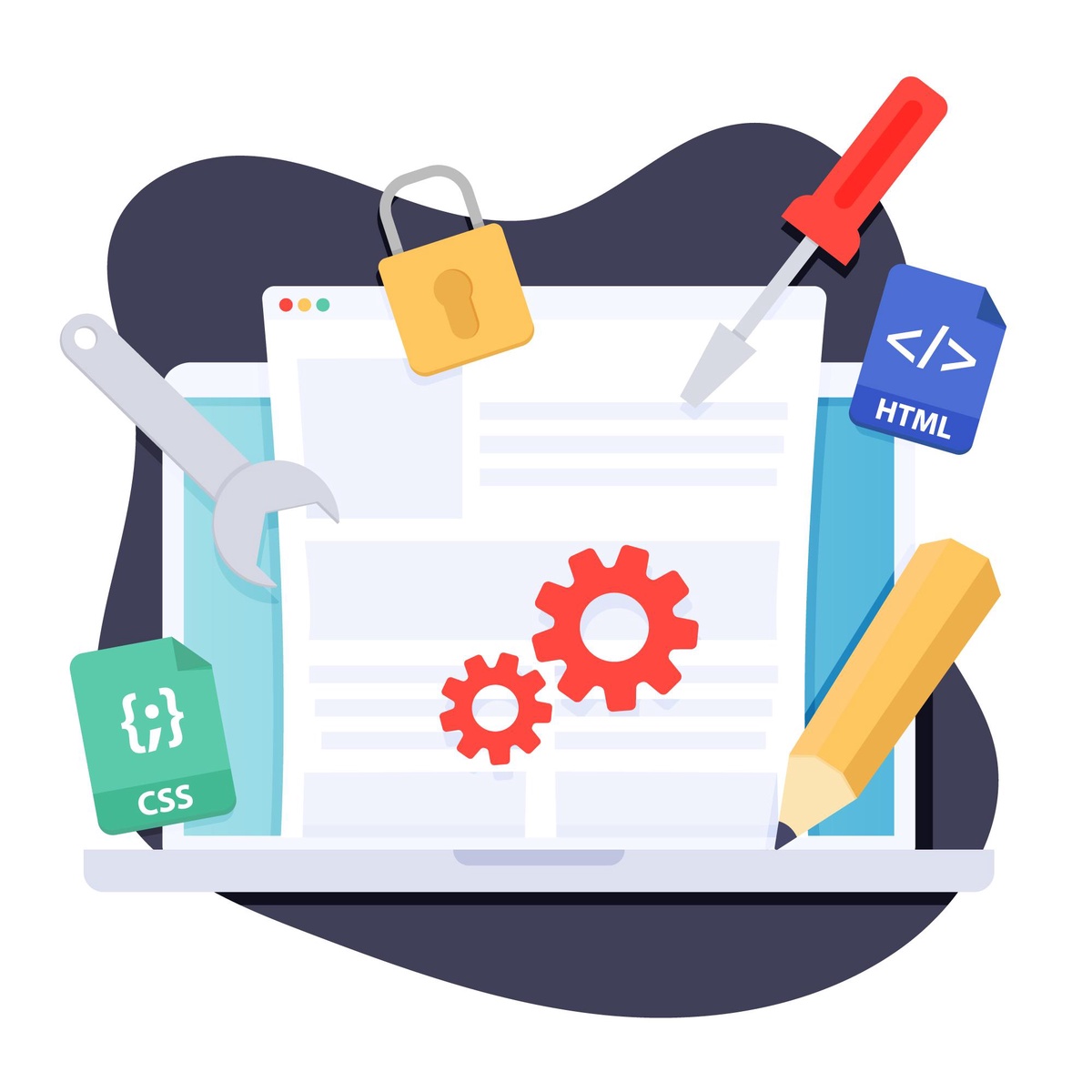In today's data-driven world, information is king, and the internet is a treasure trove of valuable data. However, extracting this data efficiently and systematically can be a challenging task. Enter web scraping, a technology that has revolutionized the way we gather and utilize online information. In this article, we will demystify web scraping and explore the capabilities of web scrapers.
Web Scraping: A Brief Overview
At its core, web scraping is the automated process of extracting data from websites. It involves fetching web content, parsing it, and organizing it into a structured format, usually a spreadsheet or database. This process enables individuals and organizations to access and analyze vast amounts of data from the internet, opening up a world of possibilities.
Understanding Web Scrapers
Web scrapers, also known as web crawling bots or web data extraction tools, are software applications designed to navigate websites, interact with their elements, and extract the desired information. They mimic human browsing behavior but do so at a much faster and more efficient rate. Web scrapers are invaluable in various domains, including:
E-commerce: Price monitoring, product data extraction, and competitor analysis.
Finance:
Stock market data collection, financial news aggregation, and investment research.
Research:
Academic studies, market research, and data-driven decision-making.
Content Aggregation:
News websites, blogs, and content curation.
Types of Web Scrapers
Web scrapers come in various forms to suit different requirements:
Static Web Scrapers:
These extract data from static web pages with fixed content and structure.
Dynamic Web Scrapers:
Designed for websites that use JavaScript to load content dynamically. They can interact with elements like forms and buttons.
Crawler-Based Web Scrapers:
These are advanced scrapers that can navigate through multiple pages and websites, making them ideal for large-scale data collection, similar to what search engines do.

Challenges and Ethical Considerations
While web scraping offers immense potential, it also comes with challenges and ethical considerations:
Robots.txt:
Websites may have a robots.txt file that defines rules for web crawlers. It's essential to respect these rules to avoid legal issues.
Server Overload:
Sending too many requests to a server in a short time can overload it and result in IP bans. Scrapers should be programmed to throttle requests responsibly.
Copyright and Terms of Service:
Scraped content should be used in compliance with copyright laws and a website's terms of service.
Choosing the Right Web Scraper
Selecting the right web scraper depends on your specific needs and technical expertise. Popular tools and libraries for web scraping include BeautifulSoup, Scrapy, Selenium, and commercial solutions like Octoparse. The choice depends on factors such as the complexity of the task, the scale of data required, and your programming skills.
In Conclusion
Web scraping is a powerful technique that has transformed the way we access and analyze online data. Web scrapers have applications in diverse fields, from business and finance to research and content aggregation. When used responsibly and ethically, web scraping can provide valuable insights and drive data-driven decision-making. It's a tool that demystifies the vast landscape of the internet, unleashing the potential for innovation and knowledge acquisition.


No comments yet